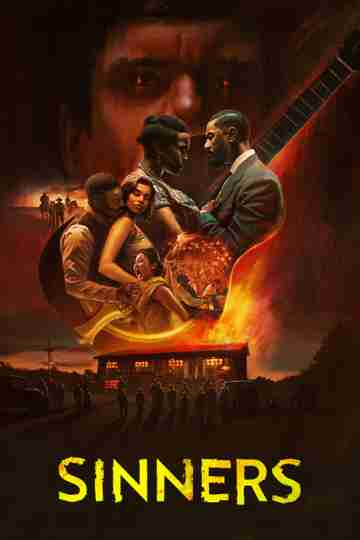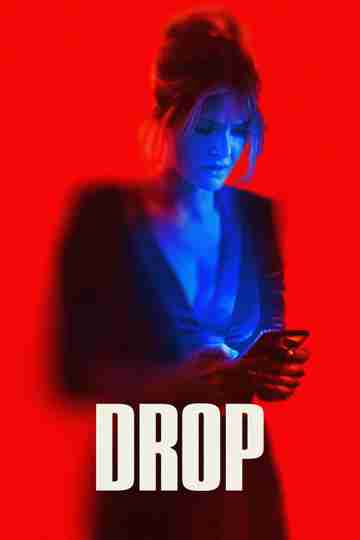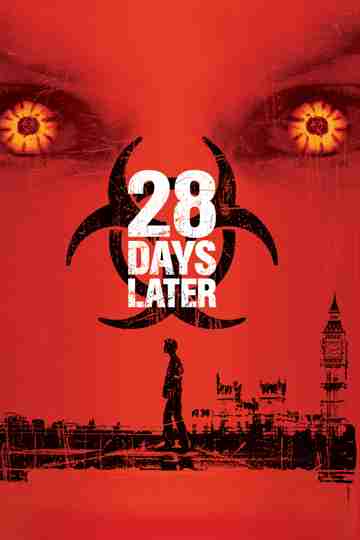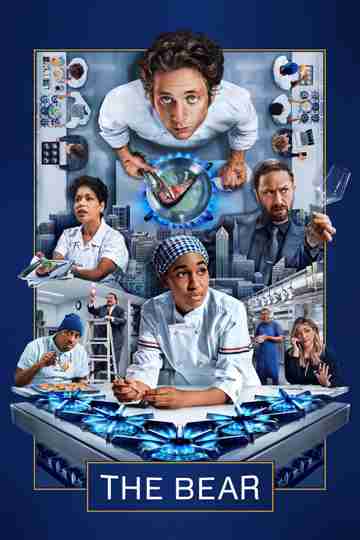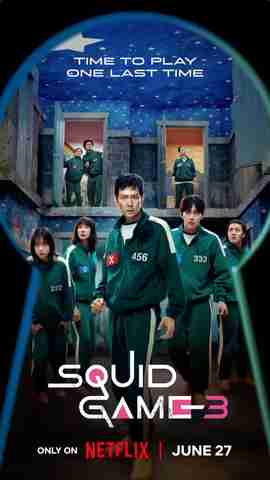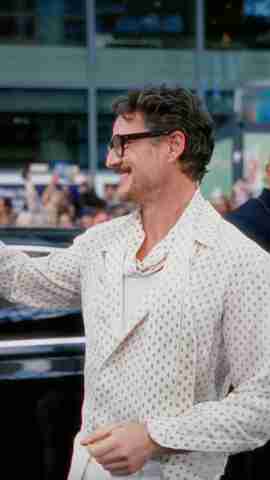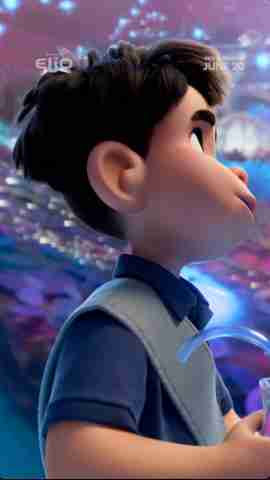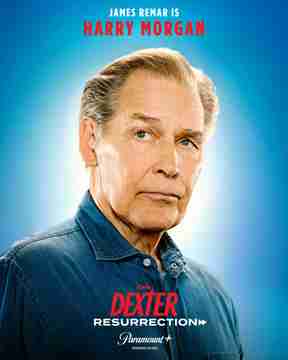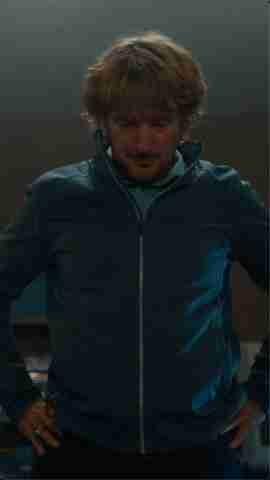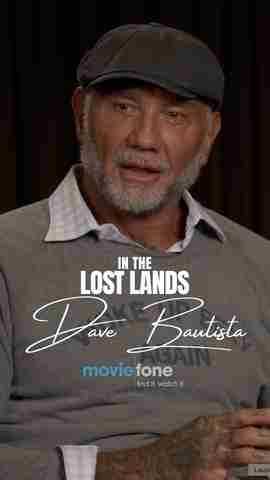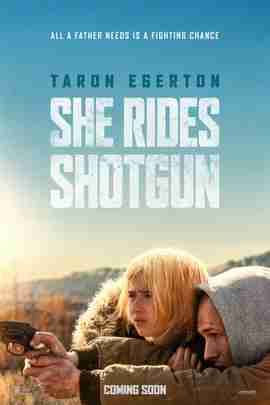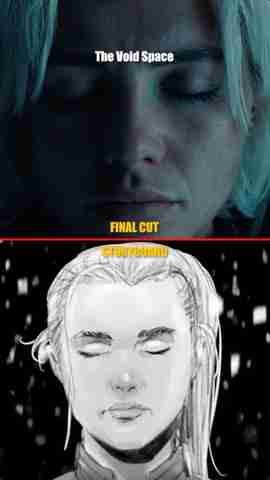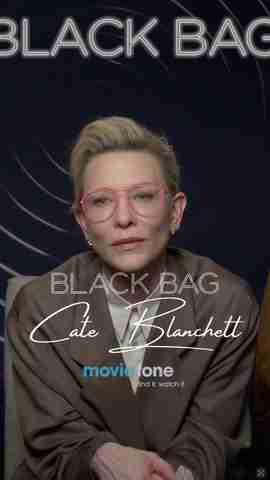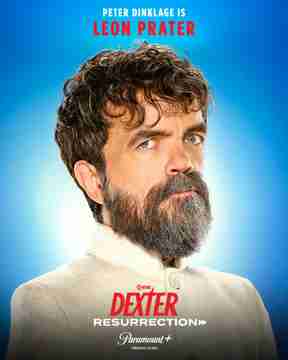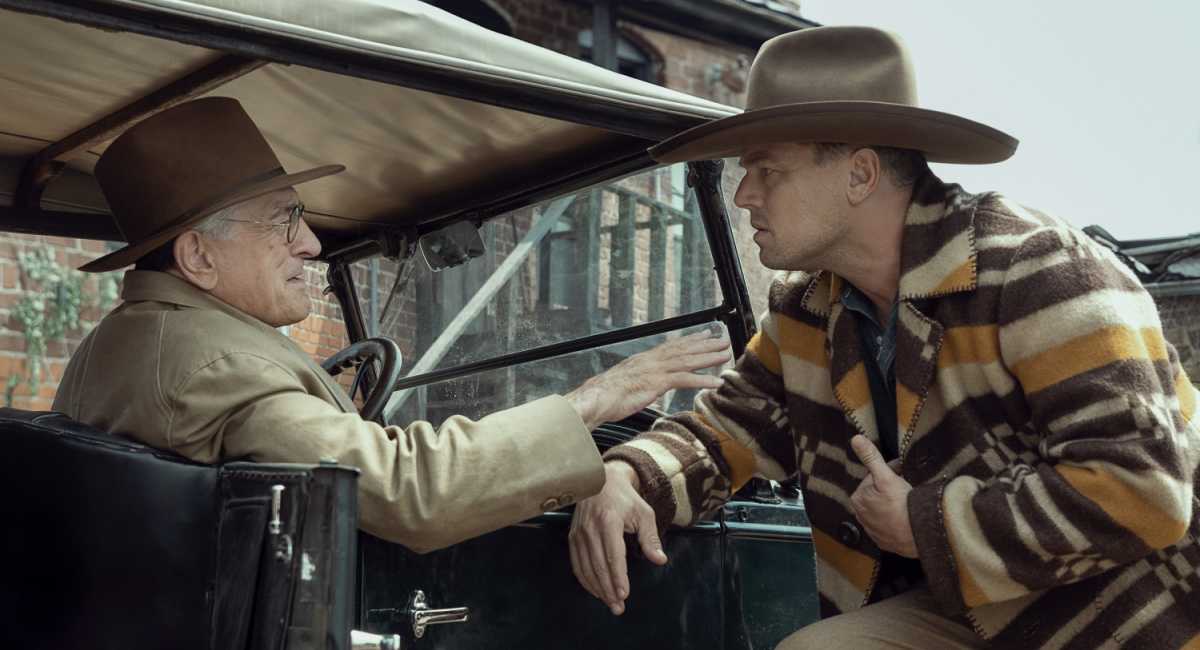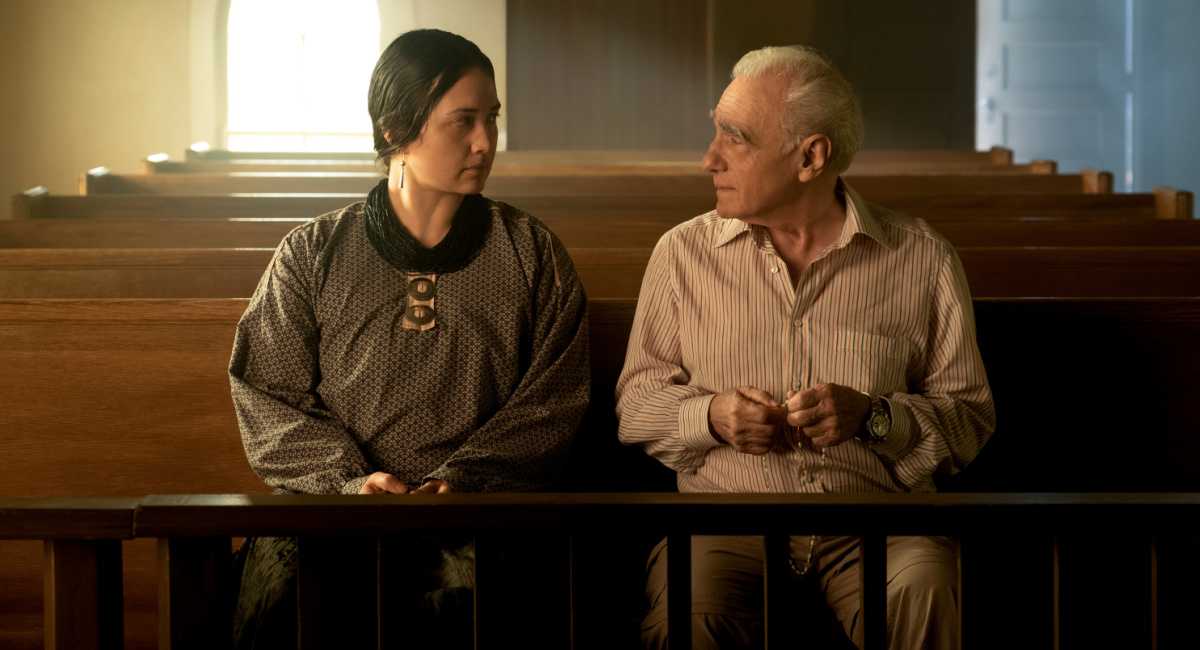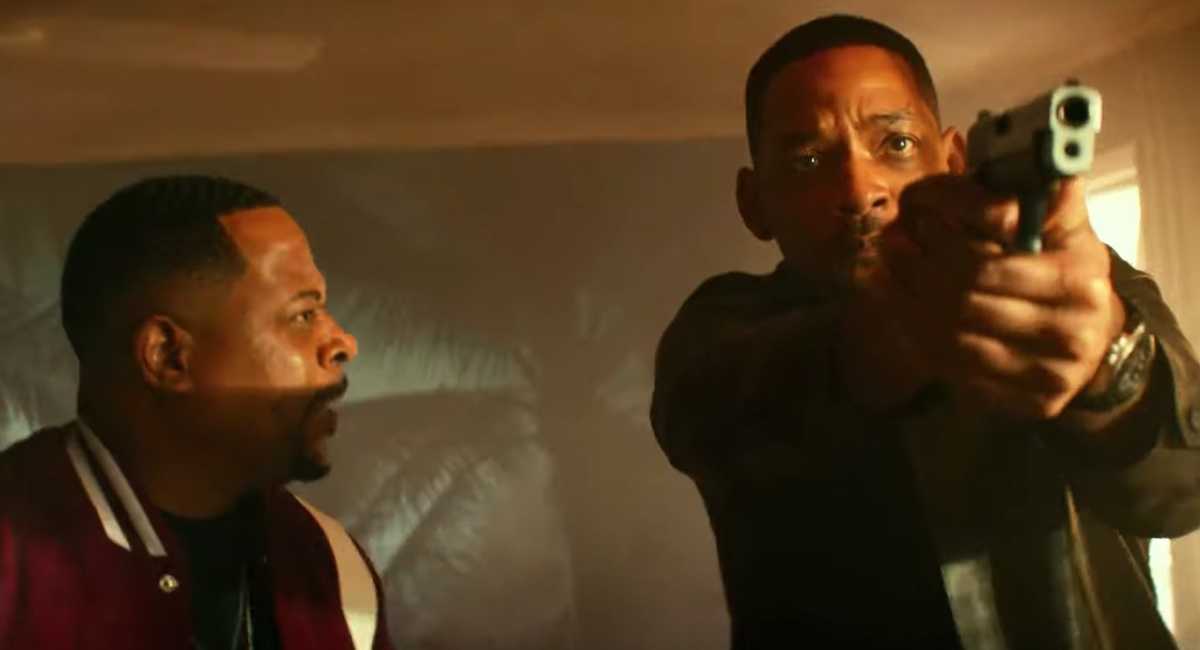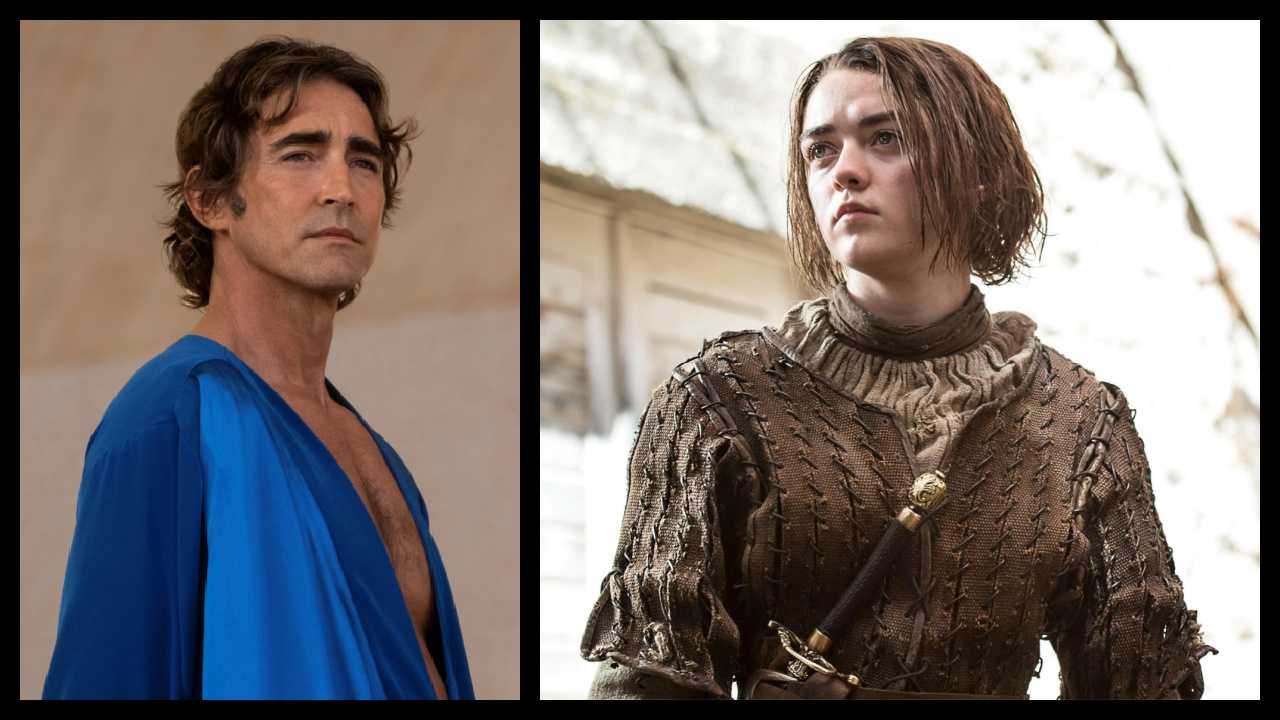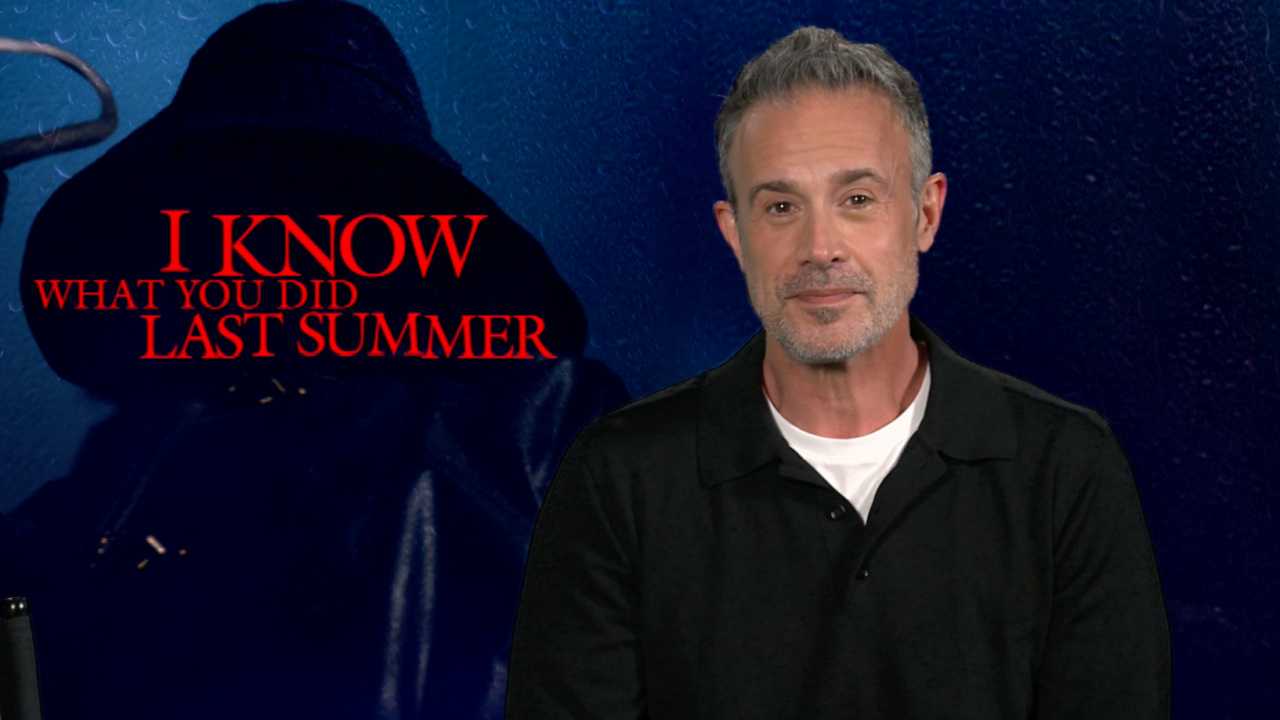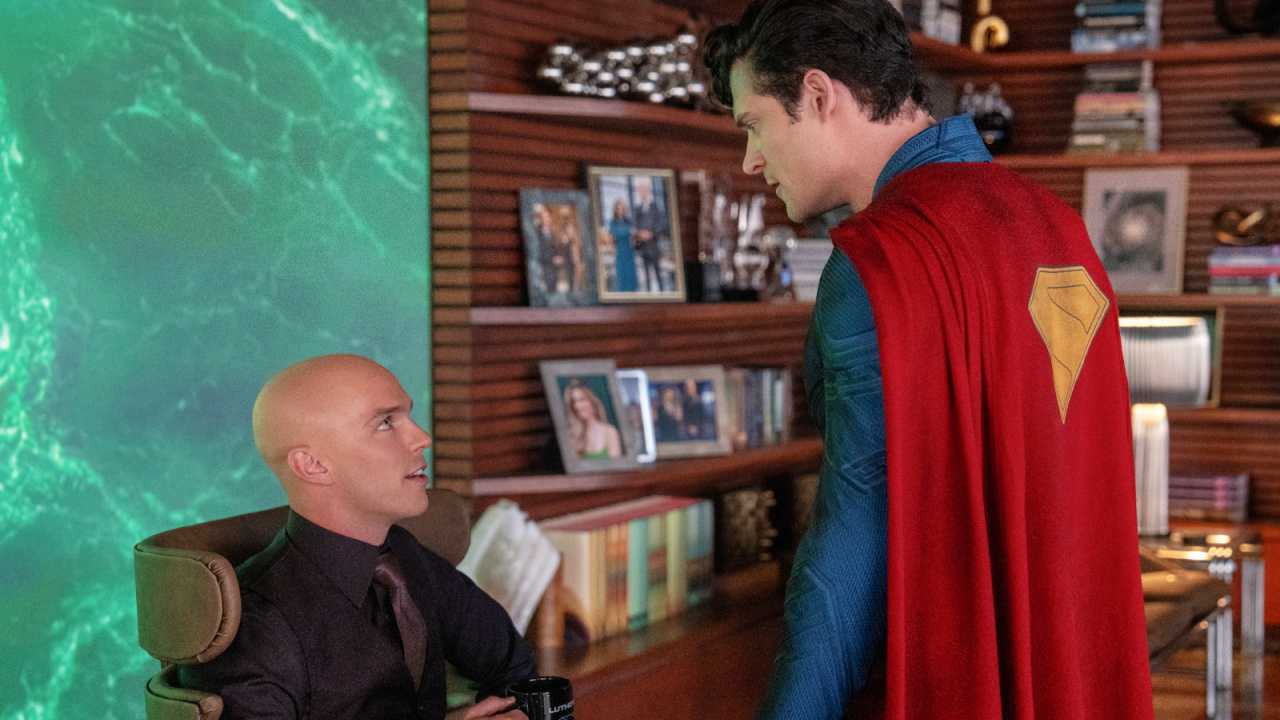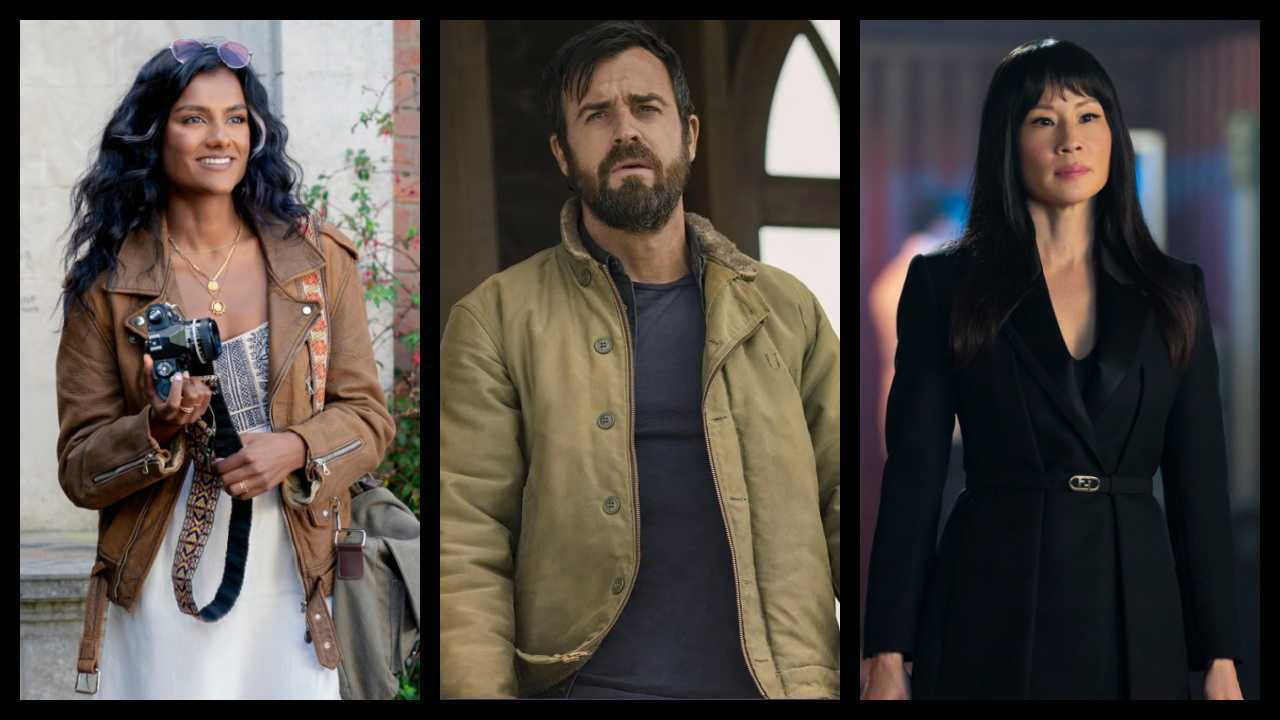Every Stephen Sommers Movie, Ranked
Stephen Sommers isn’t a name you recognize, but for a while he was one of the hottest talents in Hollywood, cranking out surefire blockbusters that were, at times, understated literary adaptations, surprisingly successful remakes, and hot based-on-IP opportunities. He stopped making movies a half-decade ago, and honestly, the cinematic landscape is worse off without him. Even when he was making straight-from-the-studio product, his personality, full of effervescence and seemingly endless energy, was front and center.
9. ‘Van Helsing’ (2004)
A perfect example of when too much is not enough. After Sommers had successfully resurrected “The Mummy” (something Tom Cruise couldn’t even accomplish), the set his sights on the other beloved Universal Monsters characters – all in the same movie – with Hugh Jackman essaying the famed vampire hunter, this time reimagined as a Indiana Jones-style swashbuckling hero. The result was overstuffed and underwritten, an oddly joyless affair from Sommers who seemed to mistake an abundance of visual effects for actual big screen magic. (You can feel the blood, sweat and tears Industrial Light & Magic put into this thing; it wasn’t enough.) Universal thought “Van Helsing” was going to be a franchise-spawning blockbuster and had planned a number of sequels, spin-offs (including a television series that was going to be filmed on the same sets, with a pilot directed by Sommers) and theme park attractions all lined up and ready to go. Unfortunately, this arrived with a stake through its heart.
8. ‘Catch Me If You Can’ (1989)
Sommers’ debut feature, which is oddly hard to track down (I watched a badly cropped, standard definition version on Vudu), is a charming-enough teen rebellion movie that wouldn’t have been out of place in the 1950s. (It’s arguably his most personal, especially considering it was filmed in his hometown of St. Cloud, Minnesota.) But what “Catch Me if You Can” lacks in overtly modern sensibilities, it more than makes up for in spirited low-budget filmmaking, particularly when it comes to a climactic car race that would foretell Sommers’ burgeoning love of oversized action set pieces (there’s a great moment where the car changes colors). “Catch Me If You Can” also features a nifty, almost universally overlooked score by Tangerine Dream.
7. ‘G.I. Joe: The Rise of Cobra’ (2009)
What would turn out to be Sommers’ last studio feature was this adaptation of the famed Hasbro action figure line, which of course the director festooned with a historical backstory, elaborate action sequences that remain the obvious highlight (that chase through Paris in the robot suits is so cool) and an incredibly distracting Brendan Fraser cameo. By all accounts the production of “G.I. Joe: The Rise of Cobra” was an unmitigated disaster, with Sommers’ pitch as a high-tech James Bond update somehow becoming a muddled, overwrought extravaganza (with a script cobbled together by at least a half-dozen screenwriters before an impending writers’ strike) that is notable for having the most charisma-free Channing Tatum performance ever.
6. ‘Odd Thomas’ (2013)
A.k.a. the movie that would lead to Sommers quitting the business in frustration (I’m sure “G.I. Joe: The Rise of Cobra” contributed too), “Odd Thomas” was a notoriously difficult production even for a filmmaker well versed in notoriously difficult productions. Various actors (including 50 Cent and Tim Robbins) were announced for the film, only to never actually show up on screen, with the film being delayed for a lengthy amount of time following lawsuits and breach-of-contract filings from several of the production companies. But was an undeniably messy process gave way to a pretty fun little movie, with Sommers writing, producing and directing a spirited adaptation of a Dean Koontz bestseller. (For all his millions of book sold, solid adaptations of his work are almost nonexistent.) Anton Yelchin, as a small town psychic embroiled in a big time mystery, is a wonderful Sommers hero, and the movie’s surprising mixture of tones and style (oscillating between detective movie, supernatural thriller and flat-out tragedy) keeps you on your toes. If you’ve never seen it (and, chances are, you haven’t), it’s very much worth tracking down.
5. ‘The Adventures of Huck Finn’ (1993)
You wouldn’t think a filmmaker so closely associated with cinematic bombast would be able to create a film this nuanced and soulful, but he really knocked it out of the park. Based on Mark Twain’s immortal American classic, Sommers wrote a terrific script, made more accessible for modern audiences but in no way sanitized, and gathered a great group of actors (Elijah Wood is Huck and Courtney B. Vance is Jim) for a film that feels tactile and real in ways that most of his later movies don’t. (This was, of course, before the director’s fascination with visual effects took hold.) Sommers would actually return to Twain for a “Tom and Huck” pseudo-sequel that Disney produced a couple of years later, writing and producing (but not directing). He tricked somebody else into doing that for him. Just like Huck.
4. ‘The Mummy Returns’ (2001)
After the success of “The Mummy,” Sommers returned to the franchise almost immediately, turning in a sequel that was even more full of visual effects, wild set pieces, and, yes, mummies (our favorites are the pygmy mummies in that weird jungle oasis). It could be argued that the sequel is actual the superior film; funnier, perhaps, and grander. But there are also some key knocks against it: its story is too convoluted, the visual effects aren’t always successful (see the appearance of the Dwayne Johnson scorpion creature at the end), and the score by Alan Silvestri isn’t quite as much fun as the original’s by Jerry Goldsmith. Still, this movie totally rules and sees the director operating at the peak of his powers, a confident storyteller in full bloom.
3. ‘The Jungle Book’ (1994)
Before Disney made a cottage industry out of their live-action adaptations of animated classics, Sommers made this really cool version of “The Jungle Book,” combining elements of the original Rudyard Kipling stories with features of the Disney animated film and combining them into something new and arresting. Jason Scott Lee plays an adult Mowgli who returns to the jungle to battle evil colonialists (obviously) and reconnect with his animal friends. Considering this was before the advent of the cutting-edge visual effects that would make the Jon Favreau remake possible (effects that Sommers himself has leaned on over the years), Sommers uses mostly real animals, in ways that are just as dazzling as any special effect.
2. ‘The Mummy’ (1999)
Sommers’ biggest hit also one of his very best movies. Universal had toiled for years with how to bring back “The Mummy,” one of the crown jewels from its Universal Monsters brand, and after several failed attempts to update and modernize the property, Sommers basically said, “What if it was like an old movie serial?” And a hit was born. Full of winning performances (among them: Brendan Fraser, Rachel Weisz and John Hannah), globe-trotting adventure and genuinely eye-popping visual effects, “The Mummy” was breezy and fun, the kind of aw-shucks entertainment they rarely make in these cynical times.
1. ‘Deep Rising’ (1998)
A year before Sommers broke big with “The Mummy,” he made his very best feature, an explosive, icky disaster/horror movie that was like what would happen if Peter Benchley wrote “The Poseidon Adventure.” Anchored by a rousingly wiseass performance by Treat Williams (hey, it was the 90s), “Deep Rising” follows a band of high tech pirates (they’d probably prefer to be called mercenaries) who are hired to rob a luxury cruise ship. Once on board, though, it’s clear that they aren’t the only ones crashing this party (the other guest has lots and lots of tentacles). This creature feature was besieged by production problems, largely owing to Disney’s insistence that they use Dream Quest Images for the visual effects (Disney had just purchased the effects house), which led to the film being delayed and, once complete, poorly marketed. But in the years since, it has become something of a cult classic, immortalized by a recent, wonderful Blu-ray release by Kino. “Deep Rising” is the Plutonic ideal of what a Stephen Sommers movie can be: smart, funny, scary and full of larger-than-life action set pieces.

